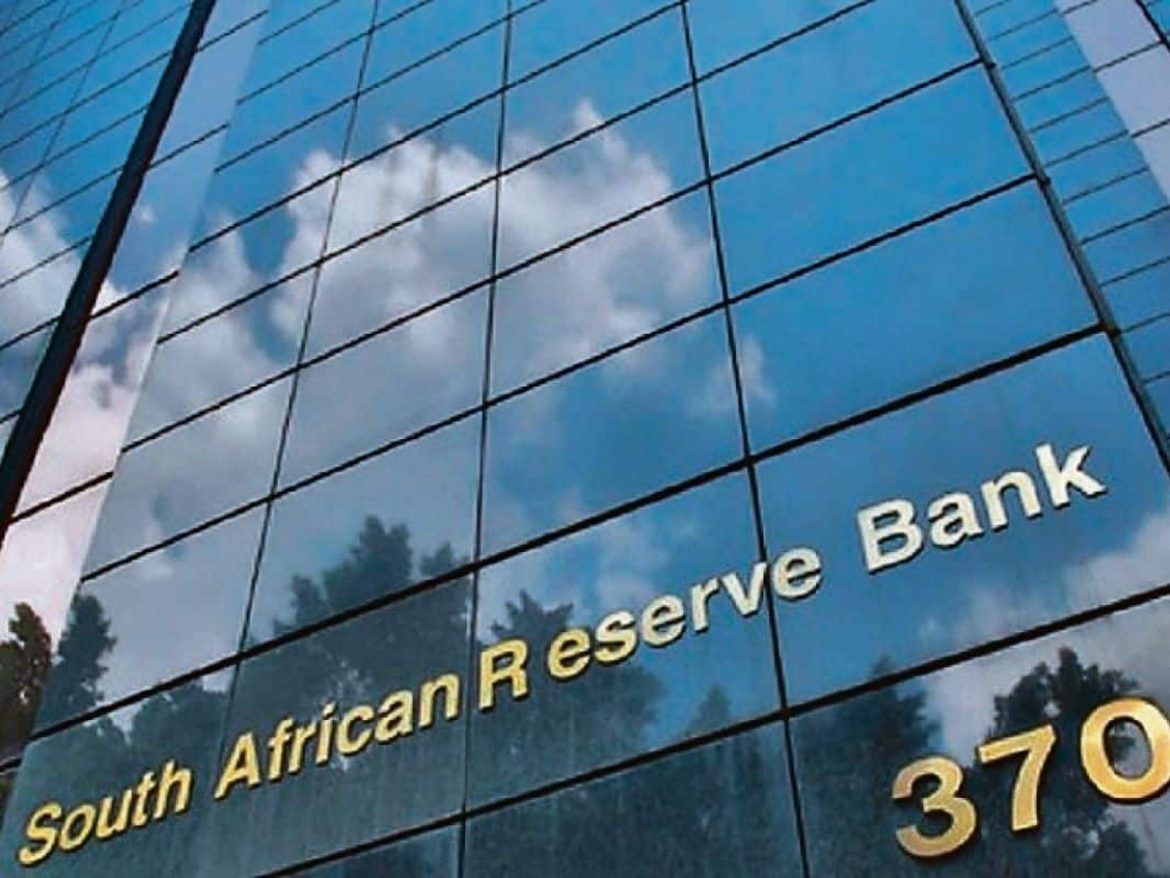The Prudential Authority, which operates under the South African Reserve Bank (SARB), has issued administrative sanctions against HBZ Bank Limited, Citibank, and the Bank of Taiwan for failing to comply with the Financial Intelligence Centre (FIC) Act.
These sanctions follow routine compliance inspections conducted in 2022, which found that the three banks did not meet certain obligations outlined in the FIC Act. The Act is aimed at combating money laundering, terrorist financing, and other financial crimes by mandating accountable institutions to report suspicious transactions and maintain strong internal control systems.
The sanctions are not criminal in nature, and the Prudential Authority clarified that there is no evidence of criminal conduct by the banks. Instead, the penalties are meant to signal weaknesses in the banks’ internal compliance processes that must be improved to align with the legal requirements.
The FIC Act requires financial institutions to implement systems that can detect and report suspicious activities, enforce proper customer due diligence, and keep detailed transaction records. Failure to do so puts not only the institutions at risk but also undermines the country’s fight against illicit financial flows.
The Prudential Authority confirmed that all three banks cooperated fully during the inspections and have since committed to remedial actions to address the identified deficiencies. These include strengthening compliance frameworks, revising internal policies, and increasing staff training in anti-money laundering (AML) and counter-terrorist financing (CTF) procedures.
This development comes amid South Africa’s ongoing efforts to restore global confidence in its financial regulatory environment. In 2023, the Financial Action Task Force (FATF) placed South Africa on its grey list due to shortcomings in its ability to detect and prevent financial crime. Since then, the SARB and associated agencies like the Prudential Authority have ramped up scrutiny on financial institutions.
In recent months, major financial players including Absa, Capitec, and Standard Bank have also faced administrative sanctions for similar breaches, reflecting a broader enforcement trend as regulators tighten their oversight to meet FATF requirements.
The Prudential Authority, as South Africa’s main financial supervisory body for banks and insurers, is mandated to ensure the stability and soundness of the country’s financial system. It plays a crucial role in maintaining public and investor confidence, especially as South Africa seeks to exit the FATF greylist and reposition itself as a safe destination for global investment.
Financial experts have noted that while administrative sanctions may affect reputational risk for the affected institutions, proactive cooperation and remedial action, as demonstrated by HBZ Bank, Citibank, and the Bank of Taiwan, help mitigate long-term impacts and restore regulatory trust.
As financial institutions continue to navigate evolving compliance landscapes, especially in light of international pressure, there is a renewed emphasis on risk management, internal controls, and regulatory engagement as key to sustaining operational legitimacy.
